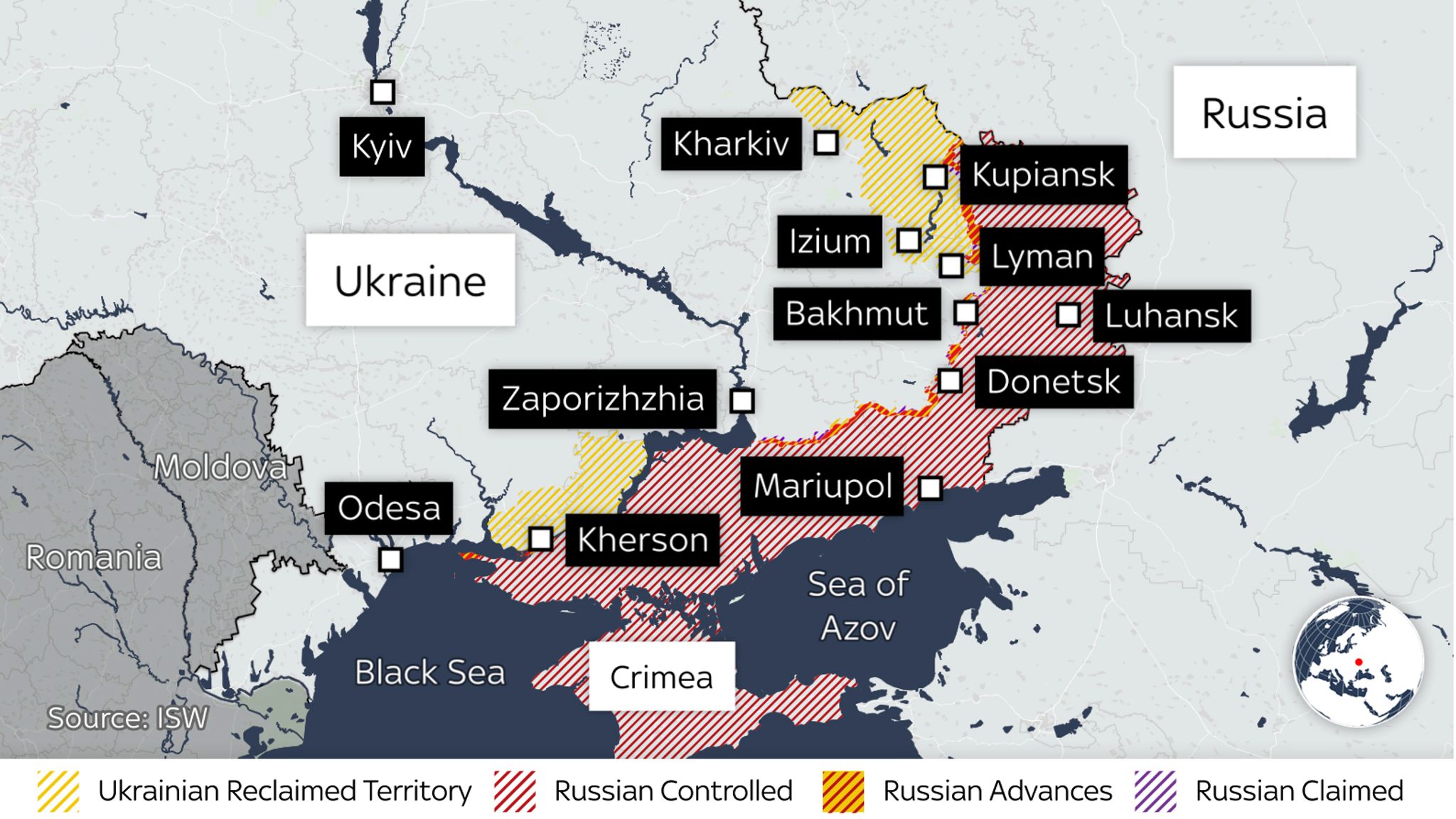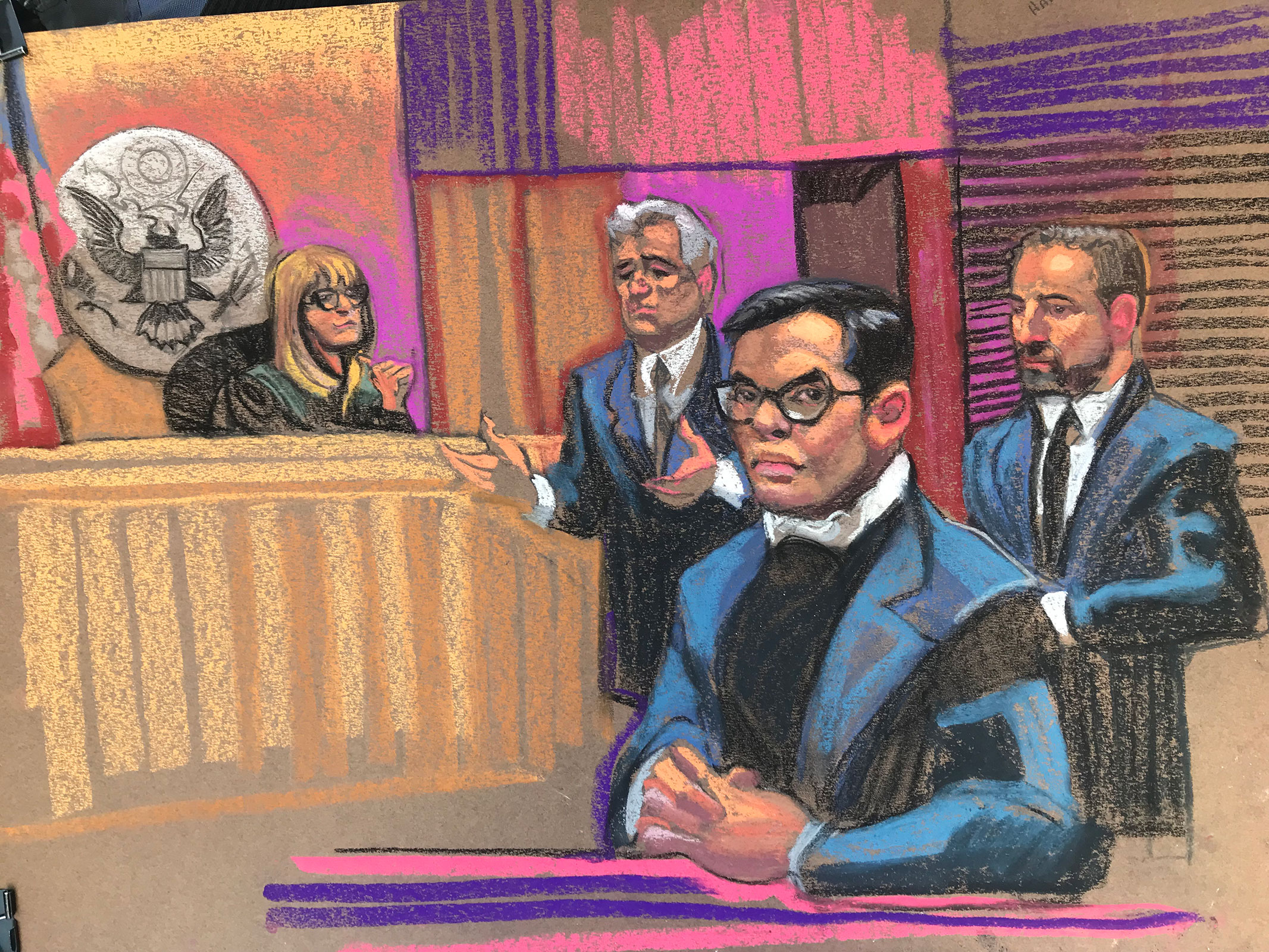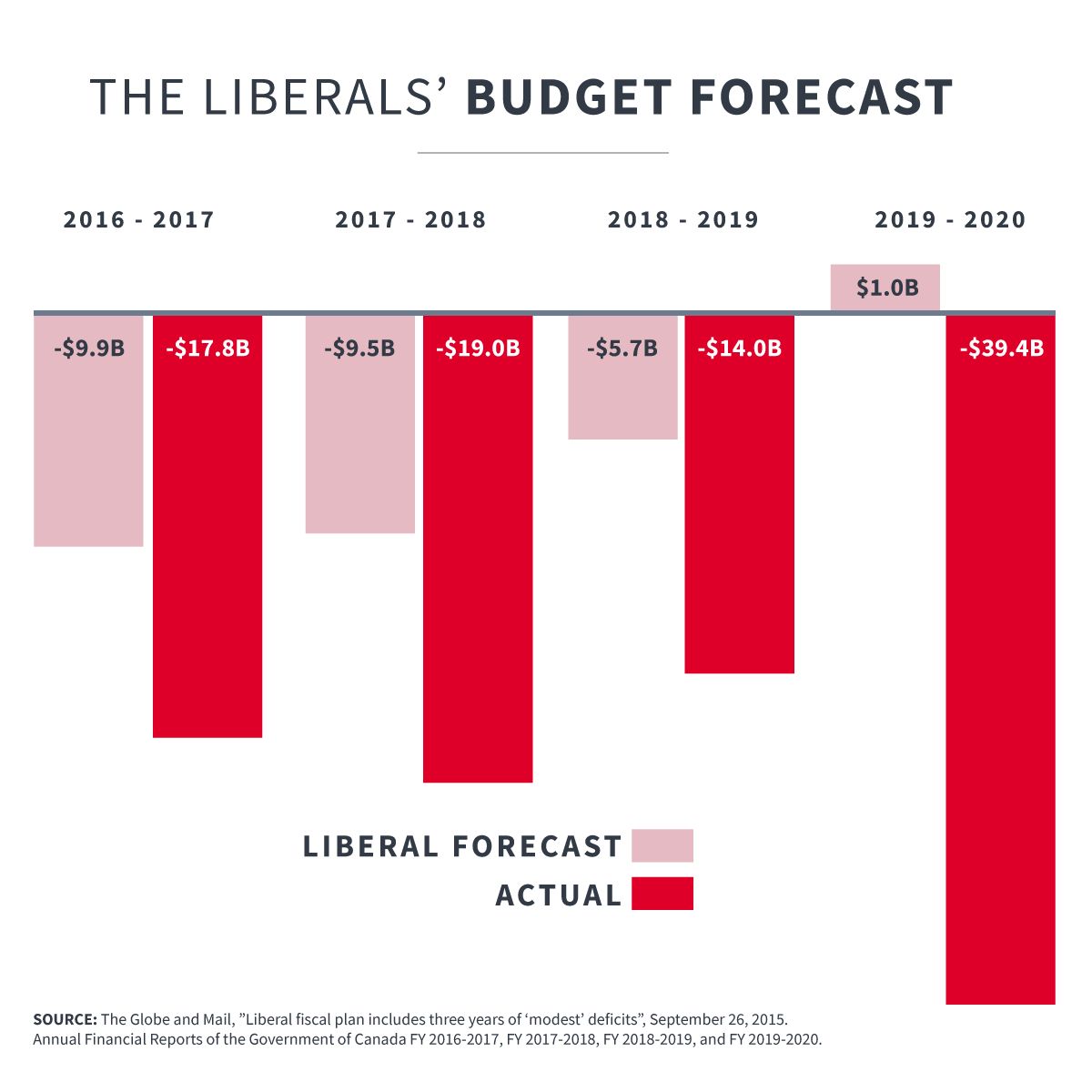Trump's Ukraine Strategy: Russia's Role And The Challenges Ahead

Table of Contents
The Core Tenets of Trump's Ukraine Policy
Trump's Ukraine policy was characterized by a perceived reluctance to provide substantial military aid, a wavering commitment to NATO's collective defense principles, and a controversial phone call with Ukrainian President Volodymyr Zelensky. This approach deviated significantly from established US foreign policy towards Ukraine and Russia. His administration's actions often raised questions about the prioritization of personal relationships over established foreign policy norms.
-
Reluctance to Provide Military Aid: Unlike previous administrations, the Trump administration showed hesitation in providing significant military assistance to Ukraine, despite its ongoing conflict with Russia-backed separatists. This hesitancy fueled criticism that the US was abandoning its commitment to supporting Ukraine's sovereignty.
-
Ambivalence Towards NATO: Trump's repeated questioning of NATO's value and his criticisms of its member states created uncertainty regarding the US commitment to collective defense, particularly concerning Ukraine's aspirations for closer ties with the alliance. This perceived ambivalence emboldened Russia and undermined the transatlantic security architecture.
-
The Controversial Phone Call: The July 2019 phone call between Trump and Zelensky, where Trump allegedly pressured Zelensky to investigate former Vice President Joe Biden and his son, became a central point of contention in the impeachment inquiry against Trump. This call highlighted the transactional nature of Trump's diplomacy and its potential to compromise US foreign policy for domestic political gain.
-
Key Characteristics of Trump's Approach:
- Emphasis on transactional diplomacy, prioritizing short-term gains over long-term strategic goals.
- Prioritization of personal relationships over established foreign policy norms and institutional processes.
- Allegations of quid pro quo arrangements, where military aid was potentially linked to political favors.
Russia's Actions and Influence during the Trump Administration
Russia continued its aggressive actions in Ukraine throughout the Trump presidency, including the annexation of Crimea in 2014 and its ongoing support for separatists in the Donbas region. Moscow also actively sought to undermine Ukraine's sovereignty and influence its political landscape through various means.
-
Military Intervention in Ukraine: Russia's military intervention in Ukraine, including the annexation of Crimea and the ongoing conflict in the Donbas, remained a key element shaping the geopolitical landscape. This ongoing aggression underscored Russia's disregard for international law and Ukraine's territorial integrity.
-
Undermining Ukraine's Sovereignty: Russia employed a multifaceted strategy to undermine Ukraine's sovereignty, including propaganda campaigns, disinformation operations, and cyberattacks. These actions aimed to destabilize Ukraine and hinder its integration with the West.
-
Potential Election Interference: Allegations of Russian interference in the 2016 and 2020 US presidential elections raised concerns about Russia's efforts to manipulate the democratic processes in the United States and potentially influence US policy towards Ukraine.
-
Methods of Russian Influence:
- Propaganda campaigns and disinformation tactics disseminated through state-controlled media and social media platforms.
- Sophisticated cyber warfare and hacking operations targeting critical infrastructure and political organizations.
- Exploitation of internal political divisions within Ukraine to weaken the country's ability to resist Russian aggression.
The Lasting Challenges Facing Future Administrations
Trump's Ukraine policy left a legacy of challenges for subsequent administrations. The ongoing conflict in Eastern Ukraine continues to claim lives and displace civilians, while the long-term security implications for Ukraine and its neighbors remain significant. Rebuilding trust with Ukraine and restoring Western unity in countering Russian aggression are crucial priorities.
-
Ongoing Conflict in Eastern Ukraine: The conflict in Eastern Ukraine continues to rage, resulting in a humanitarian crisis and posing a significant security threat to the region. Finding a lasting resolution remains a major challenge.
-
Long-Term Security Implications: Russia's actions have destabilized the region and created long-term security concerns for Ukraine and its neighbors. The potential for further Russian aggression remains a significant threat.
-
Rebuilding Trust and Unity: Restoring trust with Ukraine and rebuilding Western unity in confronting Russian aggression are crucial for ensuring the long-term security and stability of the region. This requires sustained commitment from the international community.
-
Key Challenges for Future US Policy:
- The need for sustained military and economic support for Ukraine to bolster its defense capabilities and economic resilience.
- The importance of deterring further Russian aggression through strong diplomatic pressure and credible military capabilities.
- The necessity of strengthening transatlantic alliances to present a united front against Russian aggression.
Alternative Perspectives and Counterarguments
Some argue that Trump's approach to Ukraine, while unconventional, was a pragmatic attempt to force a negotiated settlement with Russia. Others point to the alleged corruption within Ukraine as a justification for skepticism towards providing unconditional support. However, these arguments fail to fully address the severity of Russian aggression and its undermining of international norms. The potential costs of appeasement far outweigh any perceived benefits.
Conclusion
Trump's Ukraine strategy, marked by a perceived ambivalence towards providing substantial support and a controversial phone call with President Zelensky, significantly impacted US-Ukraine relations and created enduring challenges. Russia's ongoing aggression in Ukraine, coupled with its attempts to undermine Ukraine's sovereignty, highlight the complexities of the region and the need for a strong and unified Western response. Understanding the complexities of Trump's Ukraine strategy and Russia's role is crucial for navigating the challenges ahead and ensuring a secure and stable future for Ukraine and the region. To further your understanding of this critical issue, we encourage you to research "Trump's Ukraine policy," delve deeper into the "Russia's role in Ukraine under Trump" narrative, and explore credible sources on the "Trump and Ukraine" controversy for a comprehensive perspective.

Featured Posts
-
 Philippine Banking Ceos Dire Prediction Prepare For Economic Hardship
Apr 26, 2025
Philippine Banking Ceos Dire Prediction Prepare For Economic Hardship
Apr 26, 2025 -
 Navigate The Private Credit Boom 5 Dos And 5 Don Ts For Job Seekers
Apr 26, 2025
Navigate The Private Credit Boom 5 Dos And 5 Don Ts For Job Seekers
Apr 26, 2025 -
 Will George Santos Go To Prison Understanding His Recent Behavior
Apr 26, 2025
Will George Santos Go To Prison Understanding His Recent Behavior
Apr 26, 2025 -
 New Direction For Thai Politics Thaksin And The Path To A Us Tariff Deal
Apr 26, 2025
New Direction For Thai Politics Thaksin And The Path To A Us Tariff Deal
Apr 26, 2025 -
 The Anna Wong Prediction Facing The Reality Of Empty Shelves
Apr 26, 2025
The Anna Wong Prediction Facing The Reality Of Empty Shelves
Apr 26, 2025
